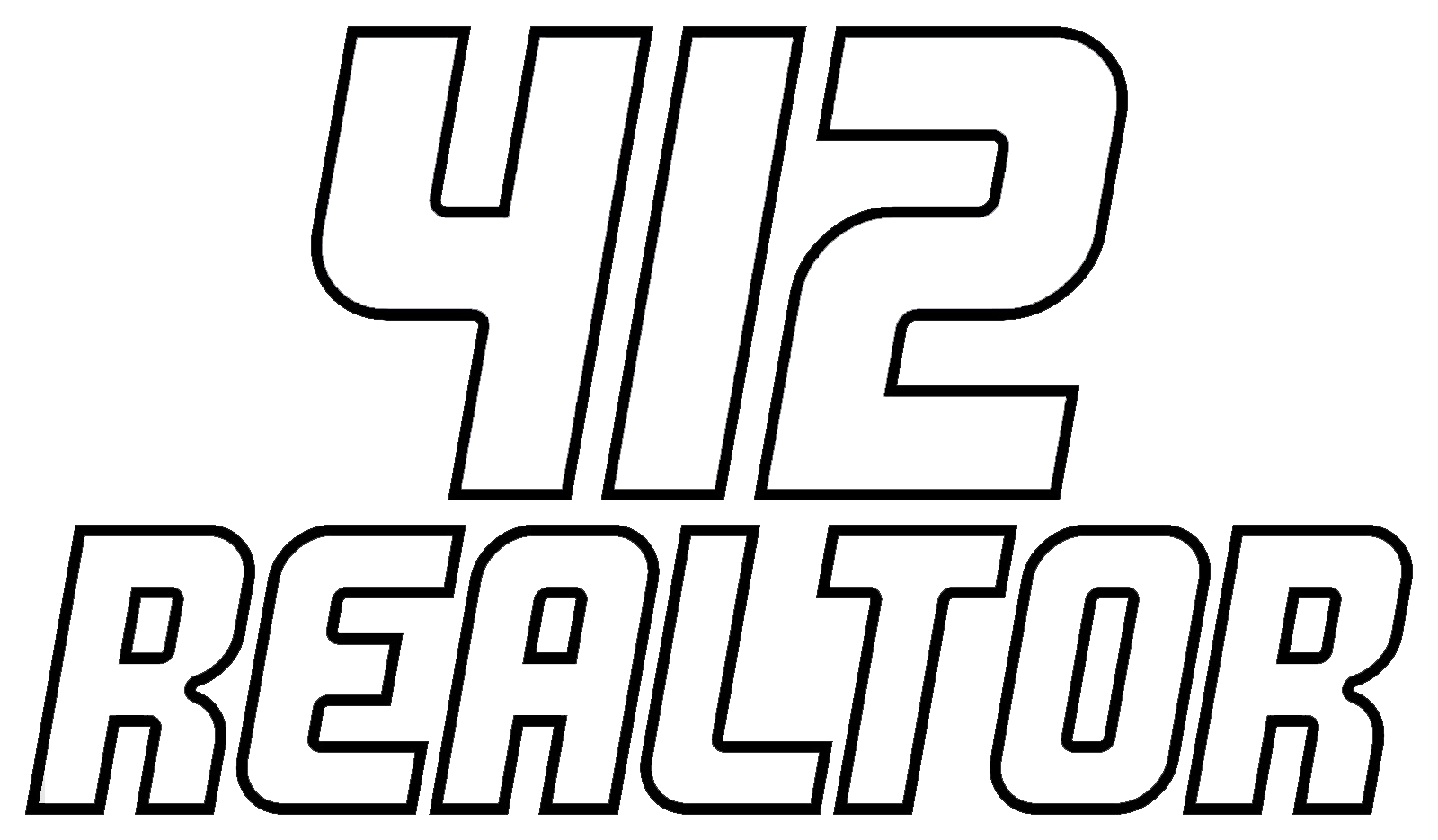One of the biggest financial decisions you’ll make is choosing between buying and renting a home. Each option has its own set of advantages and disadvantages, and the right choice depends on your lifestyle, financial goals, and current market conditions. In this blog post, we’ll break down the pros and cons of buying vs. renting a home to help you make an informed decision.
Pros of Buying a Home
- Building Equity
When you buy a home, your mortgage payments contribute to building equity over time, unlike rent payments that go to a landlord.
- Long-Term Investment
Real estate often appreciates in value, making it a potential long-term investment that can increase your net worth.
- Stability and Control
Homeownership offers more stability. You won’t have to worry about rising rents or a landlord selling the property. Plus, you have the freedom to renovate or decorate as you like.
- Tax Benefits
Homeowners may be eligible for tax deductions on mortgage interest and property taxes, depending on their location and income.
- Predictable Payments
With a fixed-rate mortgage, your monthly payments remain stable, unlike rent which can increase over time.
Cons of Buying a Home
- High Upfront Costs
Buying a home involves significant upfront costs such as a down payment, closing costs, inspections, and moving expenses.
- Maintenance Responsibilities
As a homeowner, you’re responsible for all maintenance, repairs, and property upkeep, which can be time-consuming and costly.
- Market Risk
Home values can fluctuate based on market conditions, and there’s always a risk your home’s value could decrease.
- Reduced Flexibility
Buying ties you to a location, making it more challenging to move for job opportunities or lifestyle changes.
Pros of Renting a Home
- Lower Upfront Costs
Renting typically requires only a security deposit and the first month’s rent, making it more affordable upfront.
- Flexibility and Mobility
Leases usually last 12 months, so it’s easier to move when life changes. Ideal for those unsure about their long-term plans.
- No Maintenance Worries
Landlords are generally responsible for repairs and maintenance, saving renters time and money.
- Access to Amenities
Many rental communities offer amenities like pools, gyms, and security without added expense.
Cons of Renting a Home
- No Equity Buildup
Rent payments do not contribute to ownership or long-term wealth building.
- Rent Increases
Landlords can raise rent with each lease renewal, which can impact your budget over time.
- Limited Personalization
Renters often face restrictions on decorating, renovations, and even having pets.
- Lack of Stability
You may have to move if the landlord sells the property or decides not to renew your lease.
Final Thoughts
Deciding whether to buy or rent depends on your personal and financial situation. If you value stability, long-term investment, and home customization, buying may be the right choice. If flexibility, low upfront costs, and minimal responsibility are more important to you, renting could be the better option.
Evaluate your goals, budget, and lifestyle to choose the path that aligns best with your current and future needs. Consult with a real estate expert or financial advisor to help guide your decision in today’s market.




